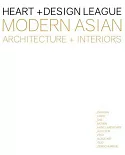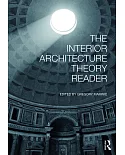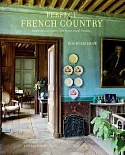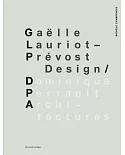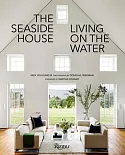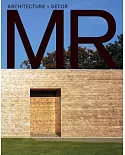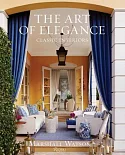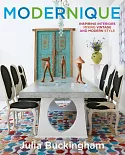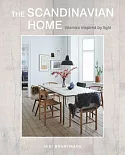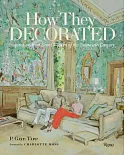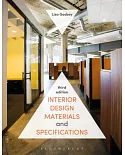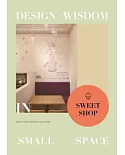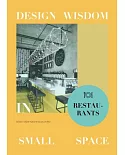This fine collection of essays makes an important contribution to the literature on 18th-century architectural space as it was constructed and experienced across Europe...the essays uniformly
move beyond questions of individual architects and period styles to consider issues of patronage and politics, class and gender. Laura Auricchio, Parsons the New School for Design, author of
Adelaide Labille-Guiard: Artist in the Age of Revolution
Architectural Space in Eighteeth-Century Europe: Constructing Identities and Interiors explores how a diverse, pan-European group of eighteenth-century patrons - among them bankers, bishops,
bluestockings, and courtesans-used architectural space and decor to shape and express identity.
Eighteenth-century European architects understood the client's instrumental role in giving form and meaning to architectural space. In a treatise published in 1745, the French architect Germain
Boffrand determined that a visitor could "judge the character of the master for whom the house was built by the way in which it is planned, decorated and distributed."
This interdisciplinary volume addresses two key interests of contemporary historians working in a range of disciplines: one, the board question of identity formation, most notably as it relates
to ideas of gender, class, and ethnicity; and two, the role played by different spatial environments in the production-not merely the reflection-of identity at defining historical and cultural
moments.
By Combining contemporary critical analysis with a historically specific approach, the book's contributors situate ideas of space and the self within the visual and material remains of
interiors in eighteenth-century Europe. In doing so, they offer compelling new insight not only into this historical period, but also into our own.


